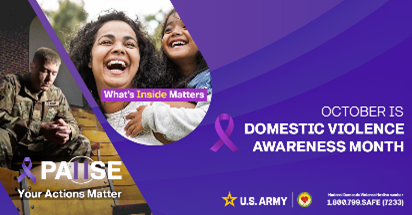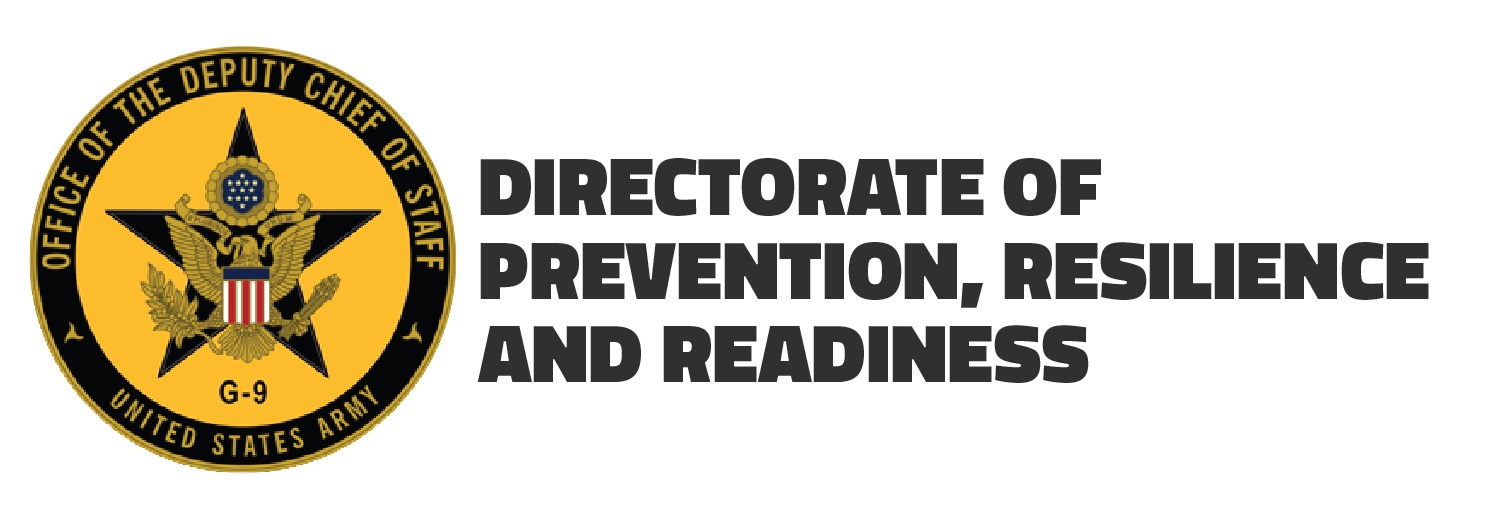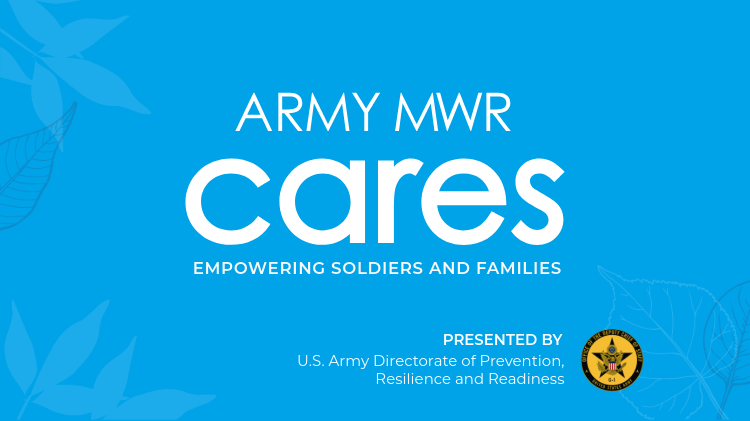- We check all the boxes, with ways to
- Meet new people…or get away from it all
- Deeply relax…or get your blood pumping
- Enjoy the great outdoors…or explore the world of ideas
- Learn something new for yourself…or improve your skills as a partner and parent
- School Support Services. Get reliable help navigating your Family’s education with a School Liaison Officer, youth sponsor, and SSS assistance
- ACS Programs. Find the best ways to face deployments, marriage, parenting, finances, moving, and other challenges of Army life
- Library Online Resources. Discover your next binge at the library—on post or online
- Library Warrior Wellness “At EaZzz” Collection. Relax with digital resources specially chosen to improve sleep, mindfulness, and stress
- BOSS. Meet new friends, serve your community, and have a blast with Better Opportunities for Single Soldiers (BOSS)
- Intramural Sports. Vie for the trophy—and defeat your opponents in flag football, volleyball, and more
- Outdoor Recreation. Camp, boat, hike, bike, ride a horse, and more—and do it with fantastic Outdoor Rec gear and facilities
- Auto Skills. Learn to do minor maintenance or complete an entire overhaul—without worrying about tools or facilities
- Fitness centers. Get pumped, stay fit, or take your first step on a new fitness journey with on-post gyms, swimming facilities, and community events
- Fall travel. Lean on American Forces Travel and Army Leisure Travel Offices for vacation options locally, across the country, or around the world
- ACS Family Advocacy Program. Find trustworthy advice for Family challenges, free and confidential counseling, and support to victims of abuse
- MWR Employment Opportunities. Find a job that’ll put a smile on your face, provide great benefits for you and your Family, and serve the community
- Armed Forces Recreation Centers (AFRCs). Enjoy an exclusive getaway to Germany, Korea, Hawaii, or Orlando, Florida—just for military Families
Empowering Soldiers and Families: Army MWR
Whether you’re feeling energized after a great summer…or worn out, Army MWR is ready to give you the pick-up you need! Find the resources, information, gear, and facilities to keep your mind, your body, and your Family fit, ready, and engaged!
Check out what MWR offers:
For every season of life, Army MWR exists to empower Soldiers and Families. Learn more about staying ready and resilient with the Army Directorate of Prevention, Resilience and Readiness.

New Parent Support Program’s Role in Preventing Domestic Violence
During Domestic Violence Awareness Month, Army leaders and support services use the observance to spotlight programs that provide Soldiers and Families with tools to build safe homes. Among these resources is the New Parent Support Program, a voluntary and confidential initiative designed to promote healthy family dynamics and prevent abuse before it occurs.
The program offers support to expecting parents and Families with children up to three years old. Specially trained nurses, social workers and counselors provide education and consultation on topics ranging from early childhood development, managing stress related to new parent adjustments, and positive parenting strategies. Through home visits, classes and group sessions, the program works to equip parents with the confidence and skills they need to foster nurturing environments for their children.
Domestic violence prevention begins with early intervention and education. For many new parents, the stresses of adjusting to military life, deployments or financial strain can heighten tension within the household. The NPSP helps Families recognize and manage these stressors in constructive ways, reducing the risk of unintended harm or neglect. By addressing challenges early, the program strengthens Family resilience and supports Soldiers’ readiness both at home and in their units.
As part of DVAM, installations across the Army highlight how the NPSP fits into broader prevention efforts led by the Family Advocacy Program. FAP and NPSP offer prevention, education, and skill-building resources before problems escalate. FAP also provides crisis response and advocacy services for Families experiencing abuse. This partnership ensures that Families have access to care that prioritizes safety and well-being.
By promoting the NPSP, the Army underscores its commitment to supporting Families at every stage of life, recognizing that strong Families are essential to a strong force.
The New Parent Support Program is more than a parenting resource; it is a proactive step in building safe, stable and loving homes. During Domestic Violence Awareness Month, its mission serves as a reminder to Soldiers and Families that help is available, prevention is possible and every child deserves a future free from harm.
For additional information about the Family Advocacy Program, New Parent Support Program and other FAP services, go to https://www.armyresilience.army.mil/FAP/.


